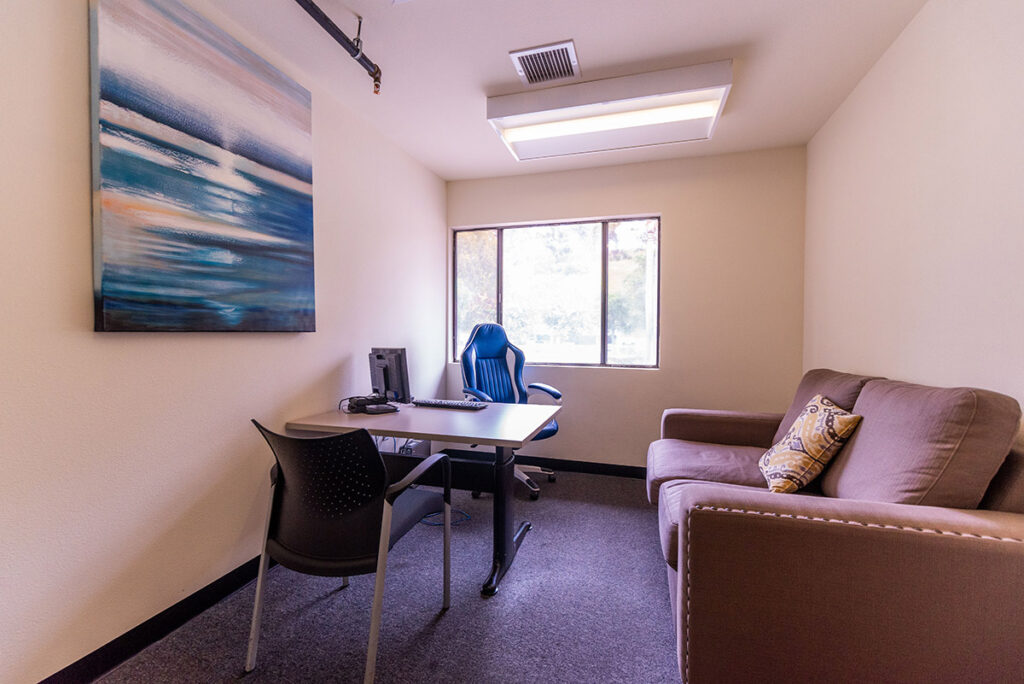Call Today: (800) 410-6552
If you’re ready to get clean and sober, we’re here to help.
SCRC is one of the most established outpatient rehabs in the country for men’s long-term care. Our program combines life-changing therapy, relapse prevention training, and much more, equipping you for the life you’ve always wanted.
At SCRC, we don’t just help you get sober. When you come to us for long-term treatment, we stand with you throughout the entire process, giving you the hope and confidence you need to succeed and thrive post-rehab.
Long-term drug rehab addresses chronic, severe addiction to substances over an extended period of time. While short-term programs usually last between a few weeks and a few months, long-term rehab may last up to a year, giving you time to fully heal and transform.

Long-term drug rehab programs last from 90 days to a year or more. We customize time frames for our clients based on individual circumstances, progress, and specific needs. The flexibility and case-by-case nature of our treatment plans gives each of our clients the time and attention they need for a full recovery.
Treatment at our long-term drug rehab facility can offer:

With its serene landscapes and supportive community, Southern California offers an ideal setting for recovery. The environment plays a crucial role in healing, and our scenic locations provide a peaceful backdrop for personal growth and rehabilitation.

Many insurance plans cover long-term drug rehab, but coverage varies. SCRC works closely with insurance providers to maximize benefits and minimize out-of-pocket costs, ensuring that treatment is financially accessible. Reach out to us to verify your coverage.
Sometimes, the severity of your addiction, previous treatment history, and personal commitments means long-term treatment is the best option for you. Reach out to our admissions team, and we’ll give you an assessment in order to help you make an informed decision.
In a long-term rehab program, individuals undergo a comprehensive treatment plan that includes an assessment, individual and group therapy, life skills training, and relapse prevention strategies. Participants engage in a structured routine, focusing on healing both physically and emotionally, while addressing the root causes of their addiction.
Long-term drug rehab is often recommended for individuals with severe or chronic addiction, those who have relapsed after short-term treatment, or anyone needing a more in-depth treatment approach. It’s also beneficial for individuals with co-occurring mental health disorders or those who need a stable, supportive environment to recover.
Long-term rehab differs from short-term rehab primarily in duration and depth of treatment. Long-term rehab provides more time to address underlying issues, develop coping mechanisms, and solidify behavioral changes, whereas short-term rehab often focuses on helping clients through the initial stages of getting sober.
Long-term drug rehab offers a variety of therapies such as cognitive-behavioral therapy (CBT), dialectical behavior therapy (DBT), motivational interviewing, family therapy, experiential therapies (like art or music therapy), and holistic treatments (like yoga and meditation) to address different aspects of addiction and recovery.
Yes, family members can be involved in the long-term rehab process. Many programs include family therapy sessions, educational workshops, and visitation periods. These integrations help rebuild relationships, improve communication, and create a supportive home environment post-rehab.
After a long-term outpatient program like ours, most clients discharge back to everyday life on their own to continue their journey in sobriety with the skills and support network they created while in our care. Others who desire extended accountability often stay in a sober living home in the area.
Long-term drug rehab can be highly effective, especially for those with severe or long-standing addiction issues. The extended time allows for deeper therapeutic work, lifestyle changes, and skill development, all of which contribute to a more sustainable recovery. However, effectiveness also depends on the individual’s commitment and post-rehab support systems.
Accreditations
